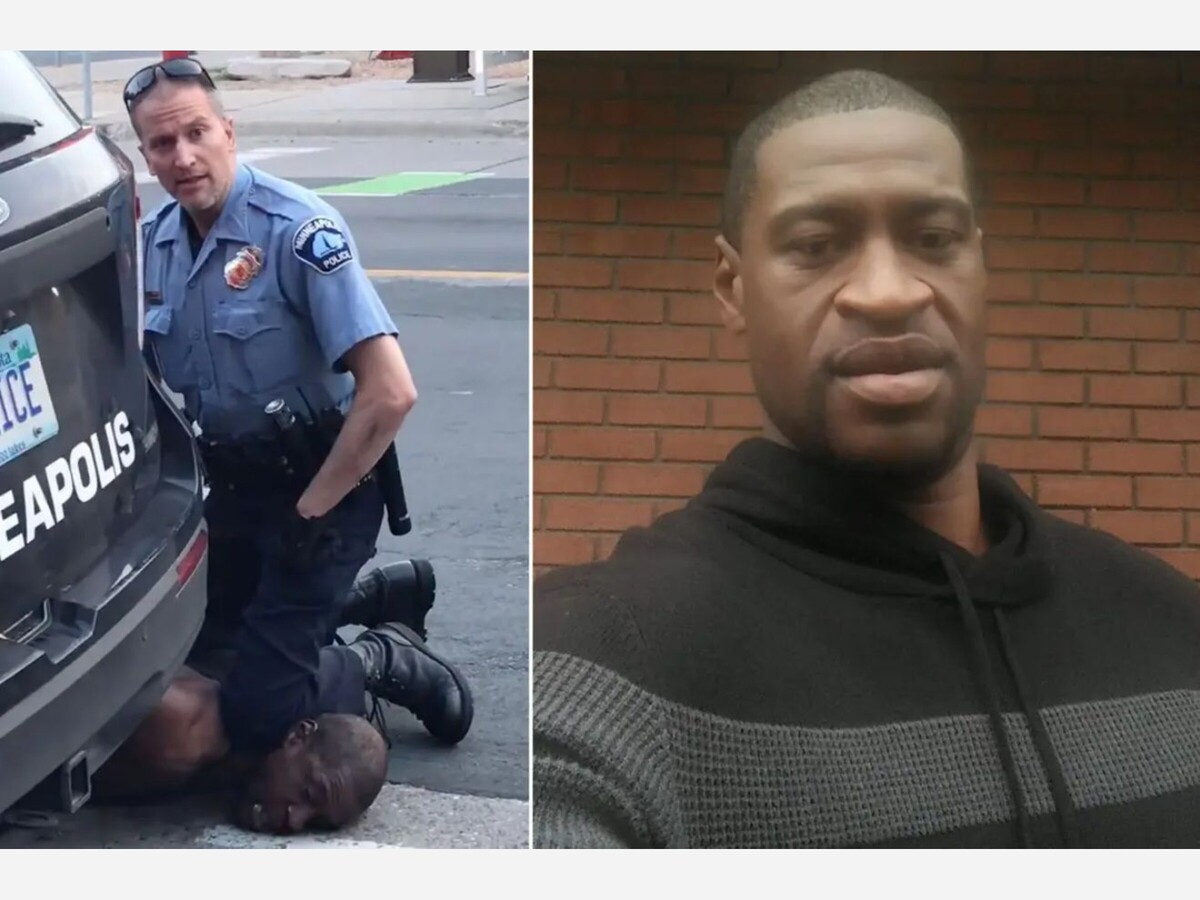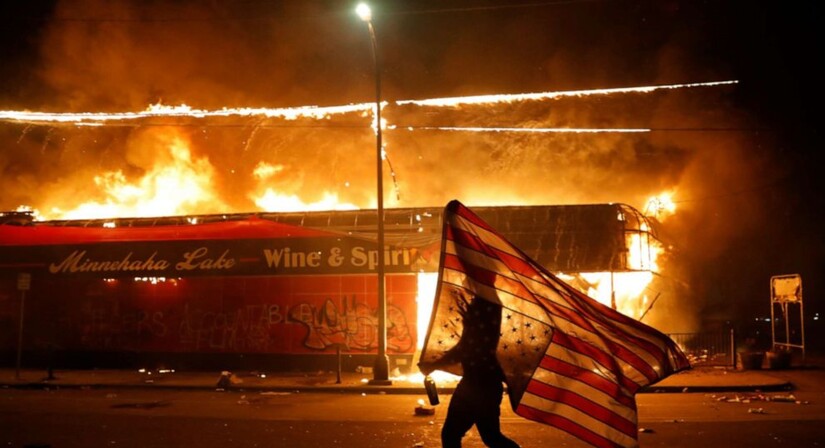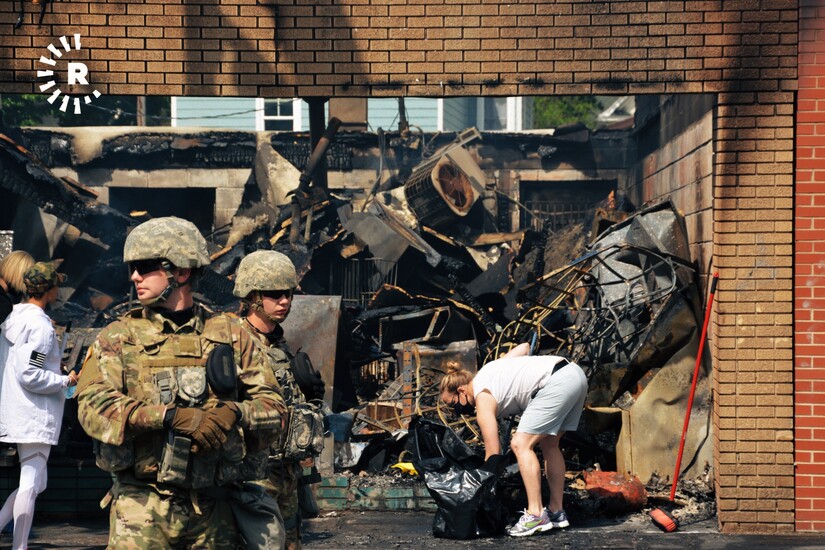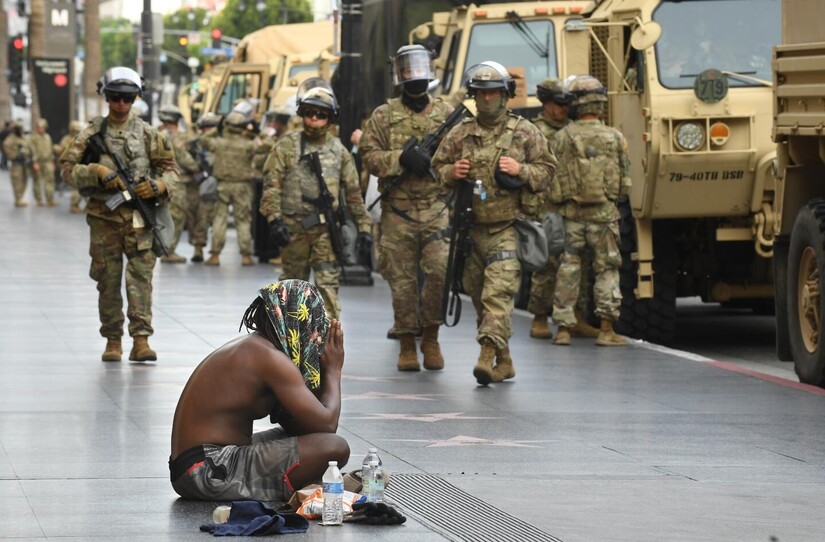Image

Five Years Later — The Enduring Legacy of George Floyd: Part 3
Tribute To George Floyd ✊🏾
The physical and emotional landscape of Minneapolis bears indelible marks from the events of five years ago. Beyond the immediate destruction, the murder of George Floyd plunged the city into a profound period of introspection and forced a reckoning with its own deeply embedded racial disparities. Today, as we reflect on the anniversary, we see a city engaged in a complex and often challenging process of healing and rebuilding.

The visible scars of the 2020 unrest are still present. Many businesses, particularly along Lake Street, that were damaged or destroyed have yet to be rebuilt, leaving vacant lots and boarded-up storefronts as stark reminders. The path to recovery for small business owners has been arduous, navigating red tape and rising costs. Yet, amidst the lingering devastation, there are also powerful stories of resilience and community-led revitalization. The restoration of historic buildings, the emergence of new community anchors, and the efforts to create affordable storefronts for local entrepreneurs speak to an unwavering spirit of hope and determination.

Beyond the physical reconstruction, the city has grappled with the monumental task of healing its communities and reimagining public safety. George Floyd Square, the intersection where his life was taken, has become a dynamic, contested space—a memorial for activists, a vital community hub for some, and a constant reminder of trauma for others. The debate over its future, whether to maintain it as a memorial or fully reopen it to traffic, reflects the ongoing tension between preserving history and moving forward.

The city has embarked on police reform initiatives, including court-enforced agreements to limit use of force and emphasize de-escalation. There's also been an investment in non-police response services and restorative justice initiatives, attempting to build a broader community safety ecosystem. This holistic approach acknowledges that true safety extends beyond traditional policing and requires addressing the root causes of crime and fostering community well-being. The journey is ongoing, fraught with challenges, but driven by a commitment to accountability and deep community engagement.